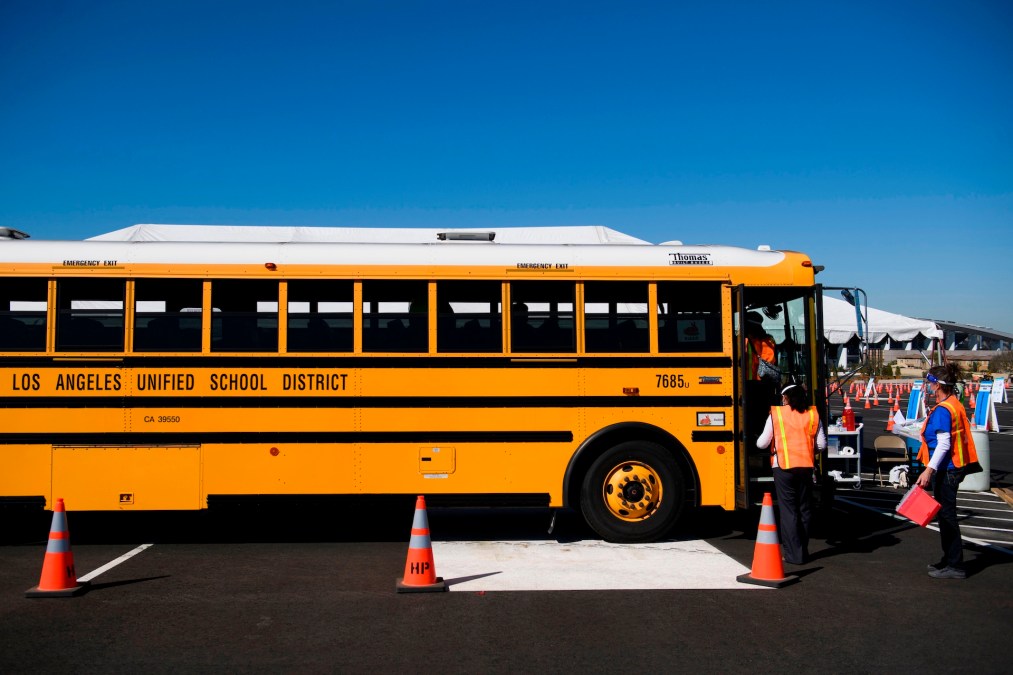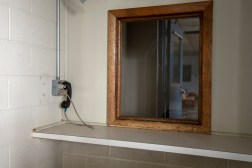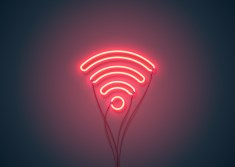FCC ends E-Rate funding for Wi-Fi hotspots, school bus connectivity

The Federal Communications Commission voted 2-1 Tuesday to roll back rules passed under the Biden administration that allowed schools and libraries to receive discounts through the federal E-Rate program for school bus Wi-Fi and internet hotspot services.
The vote comes after FCC Chair Brendan Carr this month declared he would end the rules by calling for a vote. He claimed they were “illegal” and violated the original scope of the program set by Congress in 1996.
The overturning of the rules comes despite vehement pushback from school and library organizations, as well as Democratic lawmakers. On Monday, a group of Democratic senators led by Ed Markey, of Massachusetts, wrote a letter sharing their “strong opposition” to Carr’s mission.
The vote comes as schools have seen increased demand for internet connectivity on buses. According to the senators’ letter, the FCC in fiscal 2024 provided $48 million to fund Wi-Fi on buses via the E-Rate program, and more than 8,000 schools and libraries requested more than 200,000 hotspot connections for students and educators. They claimed those technologies helped bridge the digital divide.
Critics said that former President Joe Biden’s FCC exceeded its authority by funding Wi-Fi connections that could be used outside of schools or libraries. Sen. Ted Cruz, R-Texas, who chairs the Senate Committee on Commerce, Science and Transportation, said in a statement shared by Carr this month that the vote was more about protecting kids online.
“I’m pleased that the FCC is moving to protect both taxpayers and parents’ ability to decide what their children can access online. The Biden FCC hotspot program endangered kids, duplicated existing federal funding, and violated the law,” Cruz said. “Kudos to Chairman Carr for moving to undo the Biden hotspot program and protect children, but now it’s time for Congress to step up and codify this change. In May, the Senate passed my Congressional Review Act resolution overturning the illegal Biden hotspot rule. I urge the House to act on the resolution and prevent this or similar harmful rules in the future.”
Following the FCC’s vote, the American Library Association issued a statement expressing disappointment, The group noted that it is unclear what the vote means for the libraries and schools that relied on the funding, but that the program provided critical connectivity to millions of public library patrons who lacked reliable internet access at home.
“ALA is both disappointed by the FCC’s takebacks and discouraged by the lack of due process, which left no opportunity for staff, patrons and library advocates to give input on the draft order. For years, we have engaged in the rulemaking process with good faith, partnering with the FCC to fulfill their mandate to make reliable, high-quality broadband available nationwide,” read the statement from ALA President Sam Helmick. “And today, the Commission openly voted to snatch back the opportunity to offer more Americans, especially in rural areas, the high-speed internet access to do the business of life online – pay bills, make telehealth appointments, fill out school applications – after the library closes.”
Revati Prasad, executive director of the Benton Institute for Broadband & Society, also shared that her organization was saddened by the decision to roll back the “popular and effective program.”
“The losers today are the children and lifelong learners who will be cut off from the internet,” Prasad said. “Chairman Carr’s cruel move to delete our kids’ Internet connections won’t make America smarter. Parents, teachers, students, and lifelong learners throughout the country understand firsthand how the Internet has become one of the most transformative learning tools of our generation. Today’s major digital disconnect will likely leave those we care about less prepared to compete and win the jobs of the future.”






